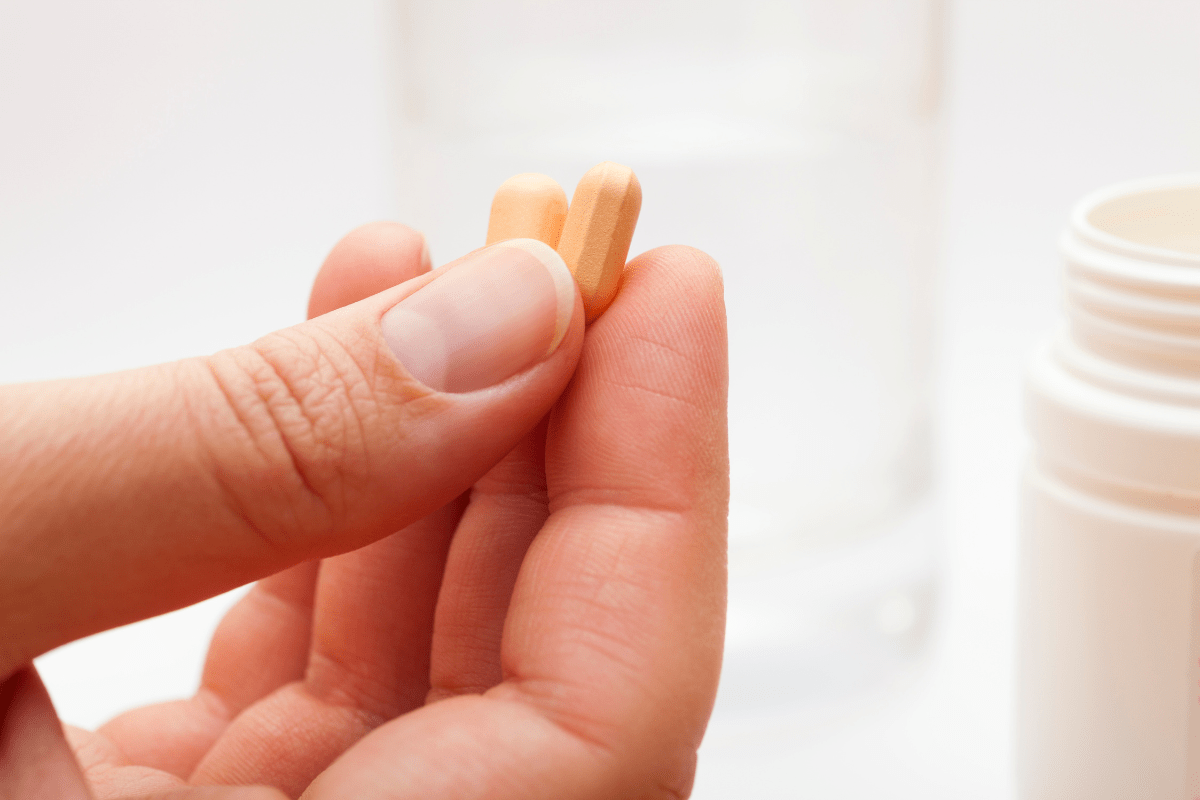 I have always described myself as an anxious person, but being anxious is not the same as having anxiety — the diagnosis. Just to give you a few examples from my childhood:
I have always described myself as an anxious person, but being anxious is not the same as having anxiety — the diagnosis. Just to give you a few examples from my childhood:
- My mom was called by my kindergarten teacher and asked not to put so much pressure on me because I was very worked up about coloring outside the lines. My mom was like, um, there is no pressure.
- I received a letter home, addressed to my parents, from my elementary principal. I convinced myself I had done something terribly wrong to warrant a letter home. It was telling them how amazing a student I was.
OK, so exhibit A and B. A certain level of anxiety has been with me my whole life. But it wasn’t until we started trying to build a family and went through the grief and trauma of recurrent pregnancy loss that I felt my anxiety went from a quirky, sometimes annoying thing about me, to something that was interfering with my quality of life. But I explained it away due to the magnitude of what I was navigating over those years.
Once my first child was born (in an unexpected or less-than-calm way) and I was consumed with the joy, overwhelm, gratitude, and frustrations of first-time motherhood, I could feel that anxiety creeping up and out again. I recognized something was amiss, brought it up to my OB, and was referred to a therapist. To my OB’s credit, she did ask if I thought I could benefit from a mental health medication to manage my symptoms, but I decided to try therapy first and see how it went.
Through my therapist, I was diagnosed not with what I thought was postpartum anxiety, but with post-traumatic stress. (Looking back, it was likely both, but one trumped the other at the time.) I felt like I was managing my symptoms pretty well with therapy, meditation, sleep, exercise, ya know, the gamut.
I started feeling “like myself” again when my first turned 1, and it was a relief. And then…boom… I found out I was pregnant with number 2. Then came the pandemic and lockdown, and giving birth in the midst of it all.
I had my first panic attack when my second baby was about 4 days old. I had a lot of swelling and was sure I was experiencing postpartum preeclampsia. We brought my masked-nurse-cousin over to take my blood pressure, which she did many times, and it stayed high. But when I called the doctor I was ignored. Luckily, we figured out that my cousin’s cuff was just a little small, and when she adjusted it, my blood pressure came back normal. But the damage — mentally — was done, and I couldn’t breathe, sleep, or mother well for 24 hours.
Since then, my symptoms have waxed and waned. Showing their ugly head at times when a multitude of stressors converge, because, duh. I was irritable, snapping at people — including my kids. My heart rate was high, often when lying down and all the things came rushing to my brain. I catastrophized and ruminated. I cried. A lot.
And, over the last several months, via a few friends sharing their stories online, I realized I may also be experiencing ADHD symptoms. It never once crossed my mind as a child or teenager — as a straight A student, this flew under the radar. But, when I looked at research about undiagnosed adult women with ADHD, I was slapped in the face with “holy beep, that is me.”
I think the ADHD symptoms impacted the anxiety, and the anxiety impacted the ADHD symptoms. A vicious cycle. It’s been mind blowing (and refreshing?) to have this reframing of my life and brain.
As I was preparing for my latest physical, I had the most obvious and yet jarring revelation:
Maybe I don’t have to live like this.
The wildest thing is that I am a HUGE proponent of using the resources we have available to us, including mental health medication. I have coached or encouraged friends to seek out therapy and perhaps medication for their own struggles. It just wasn’t until now that I felt I needed to take my own advice.
So I did. And I was very lucky to have a provider who listened to me. Who validated me. Who said, “Yes, that is a lot.” “Yes, you’re probably right.” “Yes, your self-assessments seem right on.” “I can help you.” A provider who went through the list of types of medications, pros and cons, and why she would recommend a certain type to me.
There may be new mental health medications or doses down the road — who knows what the future holds. I know this is not a cure and I won’t be a “whole new me.” But I am excited to have taken this step in my self-care and self-advocacy.













